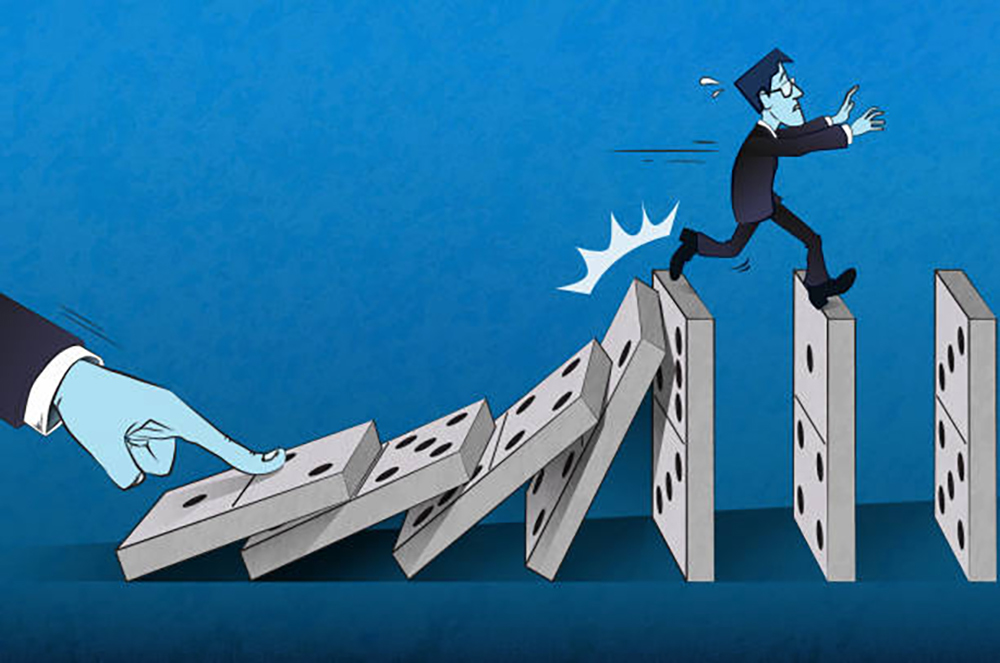While we are free to choose our actions, we are not free to choose the consequences of our actions.
(Stephan Covey)
Through my years of parenting, one crucial lesson I've gleaned is the art of instilling the concept of choices and their consequences in children from an early age. This process commences with imparting fundamental insights into the nature of choices and their impacts on the present situation, gradually progressing to introduce distinctions between short-term and long-term outcomes. I've found this understanding to be an invaluable perspective that children can carry with them throughout their lives.
Choices serve as unwavering companions in life. They're a language we continually converse with. The initial words a child learns are often "yes" and "no," reflecting the foundational aspects of decision-making. Honestly, the "nos" tend to outnumber the "yeses." These occurrences lay the groundwork for understanding choices. Tantrums arise when their choices are not met with the desired response. Reflecting on whether growing up in an environment where choices were misused and taken lightly was a blessing or a curse is an open question. After numerous setbacks and valuable lessons, I've come to deeply appreciate the profound significance of choices. Ideally, we could establish a specialized curriculum for children to comprehend this importance, though the most impactful lessons often arise from the "University of Hard Knocks." In this university, we face trials, errors, and eventual triumphs, provided we're diligent students on the journey of life.
However, as parents and educators, we unconsciously impart the value of choices to the younger generation through even the simplest communication. Just as Newton's Third Law proposes that every action prompts an equal and opposite reaction, the same holds true for choices and their consequences. You cannot evade the symphony of a choice without an equally resonating consequence, whether it leans toward the positive or negative spectrum. Hence, placing significant importance on the virtue of choice can potentially secure a favourable outcome. The ability to make such choices significantly hinges on the environment we were nurtured in, our exposures, the emphasis placed on consequences, and the weight given to decision-making.
It doesn't negate the fact that, at times, we might face severe consequences. Yet, if we can steer clear of them and sidestep a few hard lessons, why not? In my own childhood, I witnessed the people around me making grave choices that led to exceedingly bitter outcomes, resulting in suffering for my siblings and me. Consequently, we failed to perceive the art of making choices as valuable, as we observed the recklessness with which those individuals made decisions without accounting for the ramifications, even if they affected the lives of those near them.
As I matured into adulthood and found myself in a realm where choices needed to be my closest companions, I lacked a true understanding of what this virtue entailed. It felt like a distant concept, foreign to my grasp. I, in turn, became hasty with my decisions, often oblivious to the methodical assessment of potential outcomes. While some choices bore insignificant repercussions, many others held the power to reshape my very trajectory. The toll exacted was substantial—one that only I could bear through relentless toil and tears. These were choices carrying consequences that ultimately weren't worth the time and effort expended in this earthly existence.
I implore you, both as a parent and simply as an individual, to delve deeply into the art of decision-making. Make it a life's goal to master this concept through any means possible. And, in turn, share this wisdom with those around you. This way, we can aid the younger generation in making wiser choices, allowing them to relish the rewards of positive outcomes. In my forthcoming article, I will provide a scientific perspective on this subject. Until our paths cross again!
















